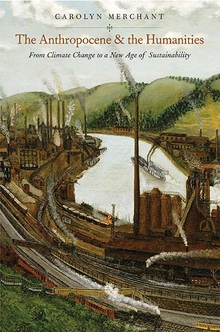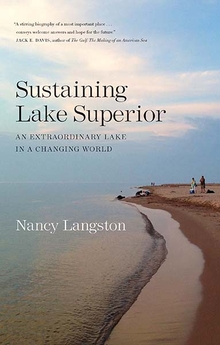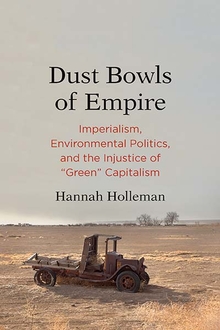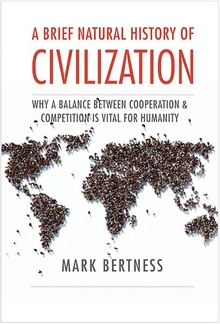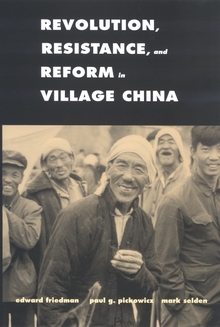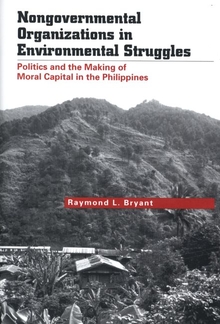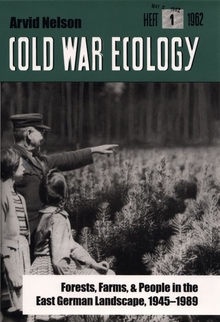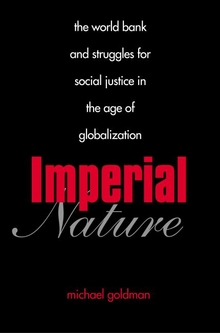Collecting Food, Cultivating People
WARNING
You are viewing an older version of the Yalebooks website. Please visit out new website with more updated information and a better user experience: https://www.yalebooks.com
Subsistence and Society in Central Africa
Kathryn M. de Luna
A rich analysis of the complex dynamic between food collection and food production in the farming societies of precolonial south central Africa
Engaging new linguistic evidence and reinterpreting published archaeological evidence, this sweeping study explores the place of bushcraft and agriculture in the precolonial history of south central Africa across nearly three millennia. Contrary to popular conceptions that place farming at the heart of political and social change, political innovation in precolonial African farming societies was actually contingent on developments in hunting, fishing, and foraging, as de Luna reveals.
Engaging new linguistic evidence and reinterpreting published archaeological evidence, this sweeping study explores the place of bushcraft and agriculture in the precolonial history of south central Africa across nearly three millennia. Contrary to popular conceptions that place farming at the heart of political and social change, political innovation in precolonial African farming societies was actually contingent on developments in hunting, fishing, and foraging, as de Luna reveals.
Kathryn M. de Luna is assistant professor of history at Georgetown University, where she specializes in the history of precolonial Africa. She lives in Braddock Heights, MD.
“By drawing on archeology, linguistics, ethnography and history, all in sophisticated and related ways, de Luna offers an unusually rich account of the complex, long term process of creative social and technical innovation for an African people once grouped with others as 'stateless societies' and/or 'hunter-gatherers,' who have often been treated as if unchanging over time. The emergence of different styles of leadership, in contexts of shifting ecology and intergroup relationships, has never been empirically supported in such detail and with such close attention to a range of sources.”—Jane I. Guyer, Johns Hopkins University
“Meticulously researched, imaginatively conceived, theoretically significant, and gracefully written, Collecting Food, Cultivating People is nothing less than a history of the most fundamental phenomena in human history—agriculture and pastoralism, trade, metallurgy, and political centralization.”—Thomas Spear, University of Wisconsin-Madison
“Through innovative parsing of vocabulary, de Luna does more than reconstruct ancient practices of foraging and cultivation; she discloses the very human meanings of an African subsistence economy.”—Nancy J. Jacobs, author of Birders of Africa: History of a Network
“de Luna’s book brilliantly reminds us—if we had forgotten—of the fundamental value of the insights of the use of language, material culture, technology, and historical landscapes in Africa’s history. And of all history.”—James C. McCann, author of Green Land, Brown Land, Black Land: An Environmental History of Africa, 1800-1990
“De Luna’s unique arguments regarding the development of hunting, fishing, and food-collecting activities, ‘bushcraft,’ along with their social and cultural implications, makes this a distinctive and original work. Her book distinguishes itself by its eloquence and lucidity.”—David M. Gordon, Bowdoin College
“This is a fascinating story which connects food, bushcraft, and the words through which they are given meaning, to a wider account of precolonial political repertoires in Africa, giving a far richer history to decentralized forms of association than Enlightenment theorists permitted.”—Carl Death, author of The Green State in Africa
“In contrast to the facile way that current historical accounts treat ‘bushcraft’ in relation to farming, de Luna offers an interesting and meticulous examination of the geography of place and its shaping of Botatwe societies.”—Eleanor Sterling, American Museum of Natural History
“A magnificent piece of scholarship. Based on a remarkable range and combination of sources, Collecting Food, Cultivating People is destined to become a classic in the field of early African history.”—Neil Kodesh, author of Beyond the Royal Gaze: Clanship and Public Healing in Buganda
“A stunningly accessible and provocative study.”—Choice?
“This is the epistemological gold standard of history in Africa in any era. . . . Collecting Food, Cultivating People is an intellectual history of foraging with an intricacy and maturity of insight seldom seen in a first book.”—Joseph C. Miller, Journal of African History
“Well-crafted, timely, and effectively conceptualized.”—Shadreek Chirikure, African Archaeological Review
Won the 2017 Henry A. Wallace Award sponsored by the Agricultural History Society.
Won the 2017 Choice Award for Outstanding Academic Title
ISBN: 9780300218534
Publication Date: September 27, 2016
Publication Date: September 27, 2016
352 pages, 6 1/8 x 9 1/4
21 b/w illus.
21 b/w illus.


